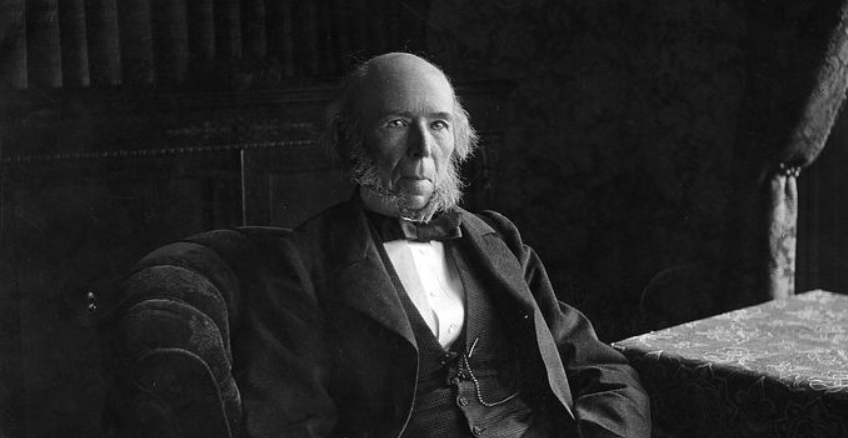Herbert Spencer’s “From Freedom to Bondage” famously claims that “[T]he more things improve the louder become the exclamations about their badness.” And he offered a bunch of great examples. Inspired by Spencer’s insight, I recently turned to Google Ngram to look at long-run trends for six oft-named expressions of prejudice.

Notice: Four out of six evils – racism, sexism, homophobia, and transphobia – are now vastly more discussed that they were in early decades. As Spencer would have predicted, it’s clear that all four used to be vastly worse. When they were ubiquitous, people took them for granted. Earlier generations clearly wrote virtually nothing in defense of prejudice. Instead, earlier generations barely talked about it at all.
How would Spencer explain the result for “imperialism”? Well, the Soviet Union aside, imperialism all but disappeared in the mid-70s, when the Portuguese finally abandoned their overseas possessions. The result: While discussion of “imperialism” steeply fell, its been stuck at the level of the 1950s for the last thirty years.
What about “xenophobia”? Objectively speaking, this form of prejudice massively outweighs all the others combined. As I’ve said before, immigration restrictions make Jim Crow laws look mild by comparison. Current immigration laws continue to deprive billions of their basic rights to live and work where they like. Yet even today, we barely discuss the xenophobic attitudes that make immigration restrictions possible. True, there has been a mild upward trend since 1990, but the ratio of words to harm remains miniscule.
I predict that a great conversation about xenophobia will come. Judging by past trends, however, that conversation is going to happen a few decades after open borders arrives.




